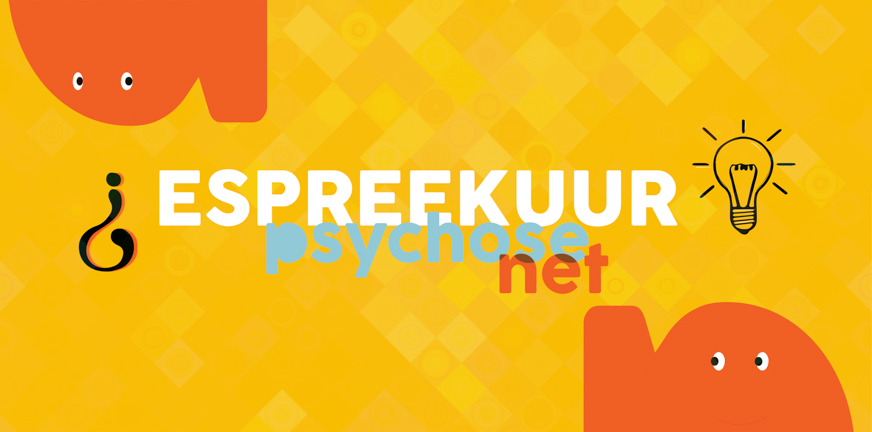Antwoord
Beste P.,
Sint Janskruid is dan weliswaar een natuurlijk middel (net als digitalis en lithium), maar dat wil nog niet zeggen dat je het zonder meer kunt innemen. Het geldt als een antidepressief geneesmiddel, en heeft bovendien interacties met andere geneesmiddelen. Kijk bijvoorbeeld eens op de volgende websites:
www.lareb.nl/nl/databank/result?drug=SINT%20JANSKRUID
www.apotheek.nl/medicijnen/sint-janskruid#belangrijk-om-te-weten-over-sint-janskruid
www.farma-magazine.nl/sint-janskruid
De Nederlandse bijwerkingendatabank Lareb schrijft onder andere het volgende (volledige publicatie via bovenstaande link te lezen):
“St. John’s wort is one of the few herbal medicines that is officially registered in the Netherlands as a medicinal product (Laif 900®, A.Vogel Hyperiforce® ) through the Dutch Medicine Evaluation Board (MEB). These registered preparations have been shown to be effective in the treatment of mild to moderate depressive symptoms. In addition to the products registered as medicines there are many preparations with St. John’s Wort on the market not approved by the MEB, that vary in composition (sometimes multiple herbs or vitamins are also present), formulation (dry extract, tea, oil extract) and recommended daily dose. The effect of these products, as well as the potential for interactions with other medicines, is therefore unpredictable [1].
Well known side effects of St. John’s wort are nervous system disorders (such as headache, dizziness and insomnia), gastrointestinal disorders (such as nausea, abdominal pain and diarrhea), skin diseases (e.g. redness and itching) and photosensitization. In addition, drug-drug interactions may occur. The interaction with oral contraceptive pills that may result in breakthrough bleeding is well-known [2]. Incidentally, this interaction applies both to the oral contraceptive as well as the morning-after pill with levonorgestrel. The effect of the latter drug can be reduced by concomitant use of St. John’s Wort [3]. The drug-drug interaction with antipsychotics and antidepressants can be serious. These reports concern behavioral disorder, depression, agitation, anxiety disorder and even psychosis. As herbal medicine registered product Laif 900® and as traditional herbal medicine registered A Vogel Hyperiforce® are sold as Over The Counter (OTC) product solely at the pharmacy which entails that relevant drug-related problems, such as interaction with prescription medicine, can be detected. The non-registered supplements are sold in the drugstores, supermarkets and via (web-) shops and no such safety check takes place. This overview has been made in order to assess risks of St. John’s wort containing products in daily practice, in particular those widely available in the drugstores, supermarkets and (web-) shops”.
Met vriendelijke groet,
Ralph Kupka
Deze vraag is gesteld door een vrouw in de leeftijdscategorie 50-65
Beantwoord door: Ralph Kupka op 5 oktober 2020



